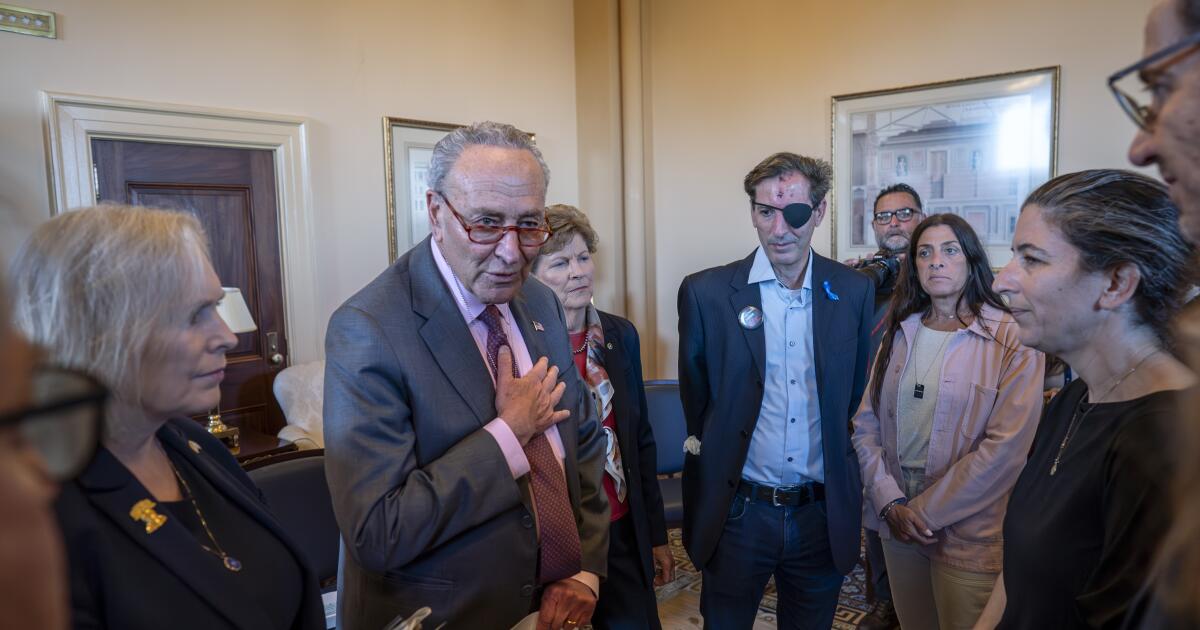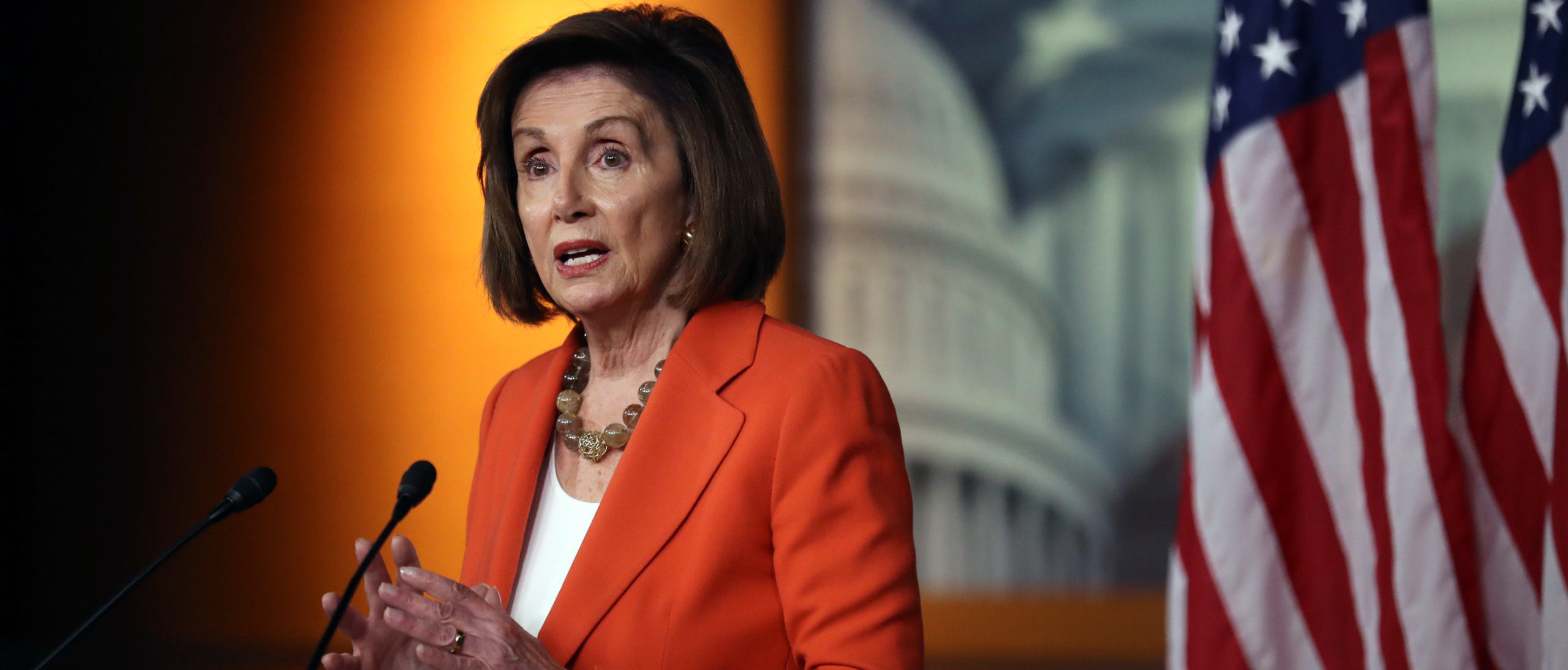Viral news stories of individual pluck and charity only underscore how cruel our society is.
A staple of the feel-good news cycle—along with pieces about skateboarding dogs and friendships spawned by misdialed texts—is the story of human suffering overcome through community, charity, and old-fashioned pluck. There is the 14-year-old who spent his summer vacation selling homemade popsicles to help his mother pay for food, rent, and a motorized wheelchair. In Utah, a couple crowdfunded $20,000 for their Papa John’s delivery guy, an 89-year-old retiree who returned to working 30 hours a week delivering pizzas because his monthly Social Security checks don’t cut it.
Before shuttering his office and retiring, an Arkansas oncologist wrote off the medical debts of some 200 cancer patients, which totaled nearly $650,000. And a group of FedEx employees raised the money to buy a car for their 60-year-old coworker, who had been walking 24 miles round-trip to and from work each day because she couldn’t afford to fix her own broken-down vehicle.
These stories, at least as written, are supposed to make us feel all warm and fuzzy inside. Their purblind focus on the indomitable! human! spirit! suggests we should be moved and inspired by the up-with-people sense of community, the charitable generosity, and the hardscrabble uplift they describe—which, of course, is not to knock community, charity, or uplift. The problem, as even a cursory read between the lines of such stirring storytelling makes clear, is that these news items are just masquerading as life-affirming narratives. In reality, they unintentionally highlight the casual cruelty, exploitation, injustice, and multisystem dysfunction we’ve been socialized to accept in every aspect of our American lives. Only in a society inured to the heartbreaking inhumanity of capitalist culture could they be passed off as heartwarming.
The real story is left unwritten in articles that portray societal problems as personal misfortune. When a 7-year-old sets up a lemonade stand to chip in for her own multiple brain surgeries, because even with insurance just one of the procedures would cost $10,000, that’s not precocious entrepreneurialism; it’s an indictment of a health care system that values human life in direct proportion to potential earnings growth. A former student raising $27,000 for a 77-year-old substitute teacher who had been living in his car even before his earnings were decimated by Covid school closures isn’t a touching reunion anecdote; it’s a reminder of how shamefully underpaid public school teachers are. Viral videos of individual cops dancing or playing basketball with Black kids aren’t proof the force is full of good apples; they’re examples of standard-issue copaganda—which even cops admit to creating and disseminating—intended to counter the bad PR that pervasive systemic racism in policing has rightfully earned. (It’s worth noting that both the dancing and ball-playing cops were later captured on videos that documented them beating up unarmed Black men.)
In attempting to normalize the crushing oppression of capitalism—in our health care, labor policies, education system, law enforcement—and the abysmal state of our social safety nets, these stories reveal the inventive work-arounds folks have developed to survive and aid in the survival of others. They serve as representations of just how bad things are for so many. Multiple recent studies and polls indicate most Americans live paycheck to paycheck; minimum wage earners working 40 hours a week can only afford to rent in 7 percent of US counties; and 600,000 people are unhoused. Congress’s decision not to extend pandemic unemployment benefits mean those numbers will surely rise. Meanwhile, the federal eviction moratorium is no longer in effect, and more than 3 million people who responded to a Census Bureau poll this August said they are likely to face eviction in the next two months. One-third of Americans have delayed medical procedures because they can’t afford treatment, and health insurance deductibles have risen at eight times the pace of wages over the past 13 years (yet the country’s biggest health insurance companies made $11 billion in profits in just the last quarter). Desperate Americans are using GoFundMe as a stand-in for our tattered social safety nets, prompting its CEO to note earlier this year that the “platform was never meant to be a source of support for basic needs, and it can never be a replacement for robust federal Covid-19 relief that is generous and targeted to help the millions of Americans who are struggling.”
Speaking of federal aid, Democrats are working on a bill that would help patch some of the holes in our safety nets that so many fall through. The Build Back Better Act would expand Medicare to include vision and dental coverage, make community college free for two years, fund up to 12 weeks of paid family and medical leave—the United States is the only rich country that doesn’t already provide that—lower prescription drug prices, and take critical steps to address climate change, among many other provisions. The legislation won’t cure everything that ails us, but it would start a vigorous course of treatment, paid for by increasing tax rates on the rich and on corporate behemoths. Republicans, who were supercool with the $7.8 trillion increase in federal debt under Donald Trump, are suddenly concerned about spending $3.5 trillion over 10 years on the bill, and their conservative Democrat abettors continue to be feckless obstacles to progress.
As do those who, in scaremongering about the bill, suggest that too much government compassion threatens the “respect” American culture has for the “talented, hardworking and successful,” as N. Gregory Mankiw recently wrote in The New York Times, repeating the free-market, individualist orthodoxy used to justify any horror that unfettered capitalism creates. Since 1978 the salaries of CEOs have jumped 940 percent, while workers’ earnings have risen just 12 percent—in 2020, workers’ paychecks rose a mere 1.8 percent, while CEOs saw theirs grow almost 16 percent. As of last count, the United States is home to 724 billionaires and roughly 20 million millionaires. As any smart, hardworking broke person knows, that’s not the result of the exceptional brilliance and diligence of the rich. Meanwhile, leaving that wealth untaxed means we have less money to fund our safety net, consigning the rest of us to things like shareholder-focused health care. This is all fine, these stories coo at us, in an insidious attempt to convince us that we’re all getting what we deserve. Just sit back and enjoy another episode of Undercover Boss.
There’s nothing to feel good about in stories of folks living on next to nothing in a country that constantly boasts about being the richest in the world, without admitting that this wealth is hoarded by a small few. Those few are the ones who mock what are now stock phrases—“tax the rich,” “defund the police,” “health care is a human right”—that, despite their simplicity, actually get at the core of how we could right-size this sinking capitalist ship.
And while we’re at it, let’s cut the poverty propaganda.
Note: This article have been indexed to our site. We do not claim legitimacy, ownership or copyright of any of the content above. To see the article at original source Click Here










